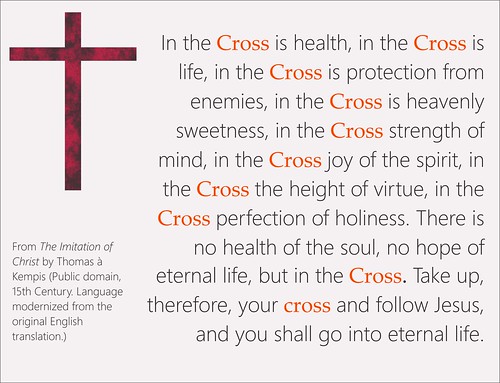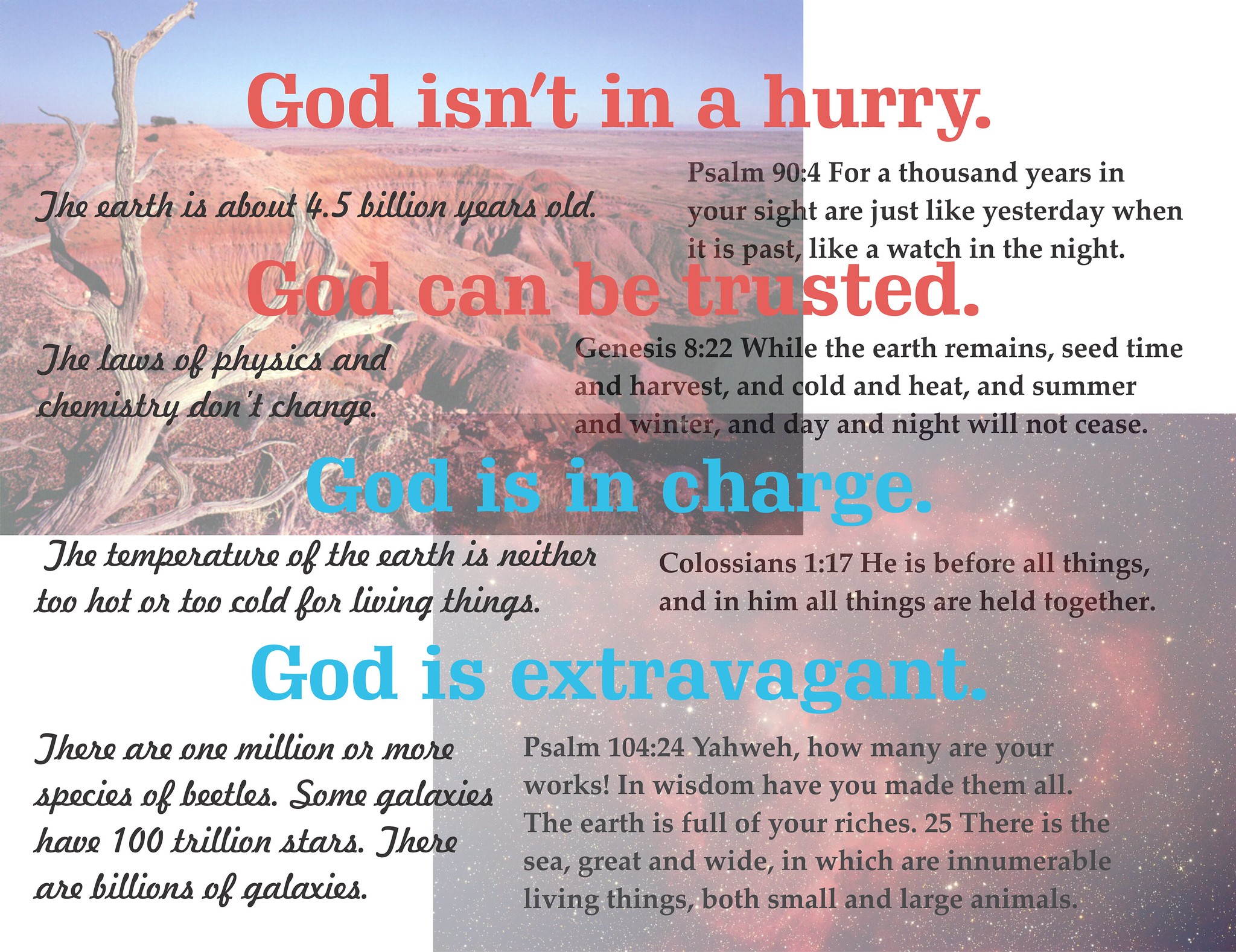Christianity: Benjamin L. Corey on how we should think about the people who wash our cars, check us out in Walmart, stand in line in front of us at McDonalds, etc. Revolutionary!
(and Sports) ESPN reports that two of the most successful quarterbacks in the NFL have sparred over the question of whether God cares about who wins, as opposed to God not caring much about who wins, but caring about the individual players.
Relevant has a post on whether Christians should use politically correct speech, or not. The article actually gives a definition of such speech, which is helpful.
Gizmo also tells you how to check (and change) your privacy settings for Microsoft and Google.
Education: (Or politics, or history) Insidegov has ranked US presidents by their net worth, in comparable dollar values.
Politics: (sort of) The New York Times reports on how the US government is exploring some inexpensive tweaks in how people interact with it, that don't cost much, can save taxpayer money, and can make government more effective.
National Public Radio examines recent proposals to simplify the tax code by having fewer brackets, and finds that that won't simplify much.
Science: Relevant links to a seven-minute video showing, dramatically, how the solar system's objects are really far apart.
Wired tells us that we are surrounded by a cloud of bacteria, that come off our skin, and out of us when we fart.
Audubon tells us why hawks keep hummingbirds safe.
Image source (public domain)








